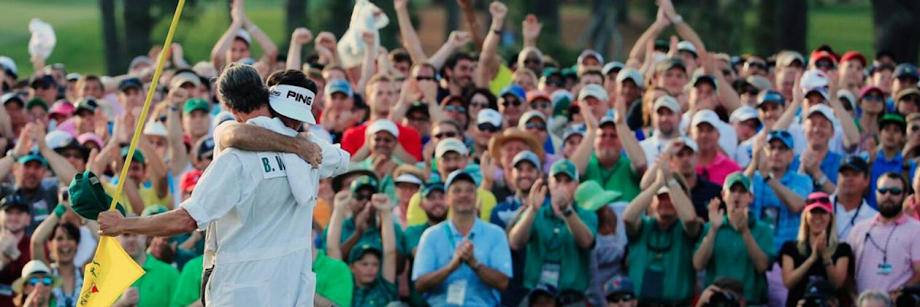A good TED talk can be a game changer in the classroom. I wouldn't say that TED: the media organization that post online talks under the slogan "ideas worth spreading" have revolutionized how I teach or what I teach, but a good TED speaker with a salient message can do much more than frame a lesson plan. Notable TED Talks can capture and synthesize principles, ideas and questions in a five, fifteen to twenty minute package.
The stories, the speakers, their research, experiences, humor and take-aways come from around the globe, and now—the Vatican. I should not have been surprised when I read that Pope Francis gave his own TED talk earlier this year at the organization's annual conference in Vancouver.
One could argue the Holy Father gives TED talks—ideas worth sharing—on a daily basis. However, his on-going effort to reach the faithful through digital mediums is more than noteworthy, it is necessary. Not all of us can go to Rome and visit St. Peter's Square—wouldn't that be nice?! Pope Francis has deepened what he calls a "culture of encounter" through social media; I read his Tweets regularly. His words offer snippets of hope and reminders of our obligations as Christians. I have been able to learn more about the people and places he visits through video diaries and news reports. And I consider his TED Talk "Why the only future worth building includes everyone" a stalwart message for Advent.
Tenderness, the Holy Father suggested, "is love that comes close and becomes real. It is a movement that starts from our heart and reaches the eyes, the ears and the hands. Tenderness means to use our eyes to see the other, our ears to hear the other, to listen to the children, the poor, those who are afraid of the future. To listen also to the silent cry of our common home, of our sick and polluted earth. Tenderness means to use our hands and our heart to comfort the other, to take care of those in need."
Listening to his message, I am reminded that "Tenderness" is much more than an '80s hit by Big Country. Tenderness is an act of love that ought to color how we approach this season of waiting for the birth of Our Lord. If only I used my eyes, ears and hands tenderly, and not hastily, then I might be prepared to receive the true gift of Christmas—the Nativity—with true joy.
I trust Pope Francis' message and his call, because as we have seen through social media it resonates with this actions. Though this "culture of encounter" extends across the digital sphere, it is most profound in his person to person contact. The good news is that social media allows us to witness and learn more about the people in the places he meets. The last two blog postings have offered insight into the story of Vinico Riva, an Italian man who was touched ever so tenderly by Pope Francis. The image of this tender encounter caught the attention of the Catholic—universal—Church. I have wanted to conclude this series with HIS story since the first posting. I believe it is the ideal way to conclude this series—let the story speak for itself.
Photo Credits
Ted Talk
Vinicio Riva



No comments:
Post a Comment